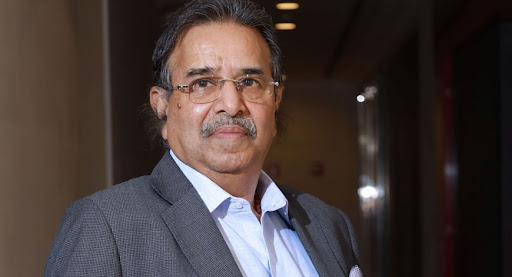WhatsApp sues Indian government as new media rules compromise privacy

NEW DELHI: Messaging service WhatsApp is suing the Indian government in the Delhi High Court, challenging new rules that would force it to break its encryption, potentially revealing the identities of people who had sent and received billions of messages on its platform.
WhatsApp has filed a lawsuit to block regulations coming into force on Wednesday that experts say would compel the California-based Facebook unit to break privacy protections, according to Reuters.
The case, described to Reuters by people familiar with it, asks the Delhi High Court to declare that one of the new rules is a violation of privacy rights in India's constitution since it requires social media companies to identify the "first originator of information" when authorities demand it.
The case could come up for consideration as early as this week.
“Requiring messages to trace chats is the equivalent of asking us to keep a fingerprint of every single message sent on Whatsapp which would break end-to-end encryption and fundamentally undermines people’s right to privacy,” the company said in a statement on Wednesday. “We have consistently joined civil society and experts around the world in opposing requirements that would violate the privacy of our users.” Whatsapp will continue to engage with the government “on practical solutions aimed at keeping people safe, including responding to valid legal requests for information,” it added in the statement.
Already facing growing regulatory scrutiny around the world, companies from Facebook to Twitter Inc. to Alphabet Inc.’s Google are in the crosshairs of India’s government, which in February introduced tightened rules governing social media, digital media and streaming operators. The regulations require the companies to have mechanisms to address user complaints, appoint compliance officers and submit monthly compliance reports.
The three-month deadline for the tech giants to comply ended on Tuesday and they are now required to take down unlawful content quickly. Under the policy, messaging apps are required to provide the identity of the originators of unlawful messages on their platforms, forcing the likes of WhatsApp to decrypt messages and dilute user privacy.
WhatsApp has over half a billion users in India, where it has been enmeshed in a series of clashes with the government over the last couple of years. India’s ruling party has been under fire recently for trying to quell social media criticism of its handling of the Covid pandemic.











